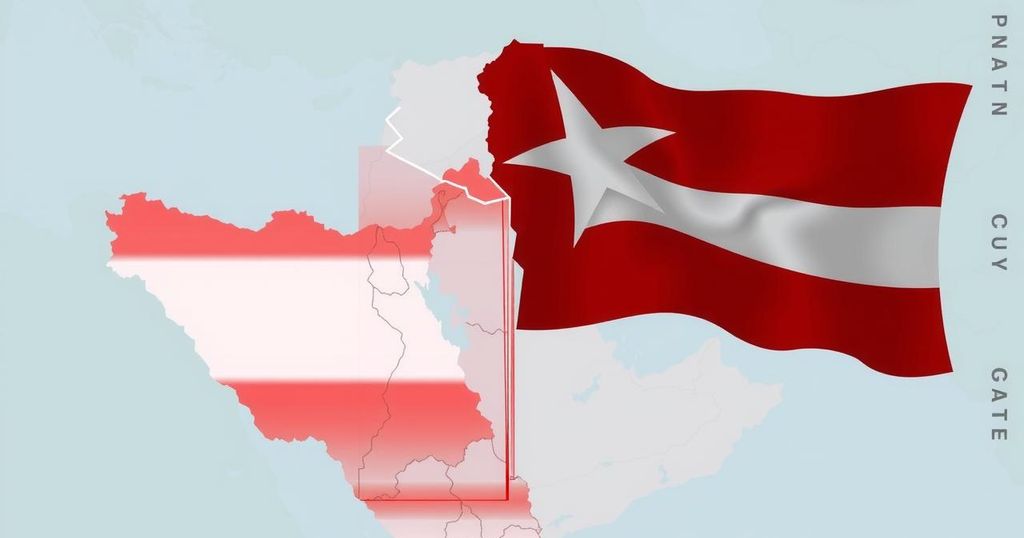Donald J. Trump’s anticipated return to the presidency may lead to significant shifts in U.S. relations with Gulf allies, as these leaders advocate for a tougher stance on Israel and a more conciliatory approach towards Iran, contrasting Trump’s previous policies. The recent conflict in Gaza has intensified these challenges, reflecting a shifting geopolitical landscape that necessitates new strategies in diplomacy and engagement.
As Donald J. Trump plans his return to the presidency, the dynamics between the United States and its Gulf allies are evolving due to recent geopolitical events. While Trump and the wealthy monarchies of the Persian Gulf had a largely positive relationship during his previous term, current leaders are now advocating for a firmer stance on Israel and a more conciliatory approach towards Iran. This divergence could create friction, particularly in light of Israel’s ongoing military operations in Gaza, which have dramatically changed the regional landscape.
The conflict initiated by Hamas on October 7, 2023, has claimed thousands of lives, leading to significant humanitarian concerns and regional instability. As tensions rise, Gulf states, traditionally aligned with U.S. interests, are urging the Biden administration to engage more critically with Israel and to reconsider its approach towards Iran. This shift illustrates a notable change from Trump’s earlier policies, which were heavily criticized in the region for being predominantly pro-Israel and confrontational towards Iran.
Furthermore, Trump appears to be appointing advisors who adhere to a hardline stance against Iran, likely leading to further disagreements with Gulf leaders who are strategically inclined to maintain a balanced approach amidst their complex relationships with both Israel and Iran. At present, the Gulf countries remain significant U.S. allies, but the changing regional context calls for an adjustment of priorities to reflect the evolving geopolitical realities.
This intricate relationship indicates that while major eruptions in U.S.-Gulf relations are not anticipated, the need for a nuanced strategy is essential for maintaining long-term collaboration toward stability in the Middle East and beyond.
The Middle Eastern geopolitical landscape has been significantly altered following a series of violent conflicts, particularly the ongoing war in Gaza. The recent escalation, initiated by Hamas in October 2023, has compelled Gulf states to reconsider their foreign policy approaches, particularly regarding Israel and Iran. Traditionally, Gulf monarchies have maintained a collaborative relationship with the United States, largely underpinned by shared economic interests and political alignments. However, recent events have catalyzed a reassessment of their positions, pushing them towards advocating for more assertive policies that oppose militaristic approaches to conflict in their region. The situation is further complicated by Trump’s impending return to power, which is anticipated to strain these alliances due to diverging views on key foreign policy issues.
In summary, as Donald J. Trump prepares for his return to the White House, he faces an altered and complex political landscape within the Middle East. The diverging positions of Gulf states regarding Israel and Iran signal a crucial inflection point that could impact U.S. foreign policy and the dynamics of international relations in the region. The approach of the Gulf monarchies, advocating for softer interactions with Iran and a stronger stance towards Israel, suggests a potential reshaping of longstanding alliances and an urgent need for diplomatic dialogue to preserve mutual interests in an increasingly volatile environment.
Original Source: www.nytimes.com






